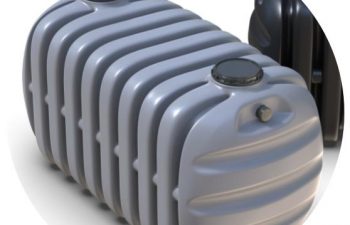
Do you take vitamins or other supplements to stay healthy? While these extra nutrients aren’t always required for everyone, they can make a major difference in your personal health in certain situations or conditions. This same approach can be taken with your septic system! Adding enzymes isn’t mandatory as a septic tank owner, but many homeowners can reap cost-saving benefits from this simple supplement.
To understand why enzymes should be added to your tank, it is important to have a good understanding of how your septic system works. Anything that goes down your drain will enter the septic tank. Here, organic solid material is slowly broken down into liquids and then released into the drain field. This natural decomposing process is only possible with bacteria. While you may typically associate bacteria as “bad,” your septic tank has different feelings. In fact, certain bacteria is very helpful and necessary to the ecosystem and health of the entire septic system.
Where do enzymes come into play? The problem is that when we introduce solutions or chemicals into our septic tank (flushing bleach or using liquid drain cleaners), it can kill off the good bacteria that your septic system needs to naturally break down wastes. While we all do our best to avoid these harsh chemical as a septic owner, it isn’t always easy to be perfectly “septic safe” in what we put down our drains. In such cases, enzymes can stand in the gap.
Enzymes essentially give the bacteria in your septic tank a boost and make it easier to break down organic material. Some enzyme products may include extra nutrients or even new bacteria. While enzymes can be very beneficial, don’t assume that more is always better. In fact, you should consult with a septic professional to learn if and when you need to add enzymes to your system. Most importantly, adding enzymes should never replace routine septic pumping or maintenance.
Call Metro Septic today to learn about septic enzymes and our current special of a “Free Year Supply of Enzymes with a Septic Tank Pumping.”

